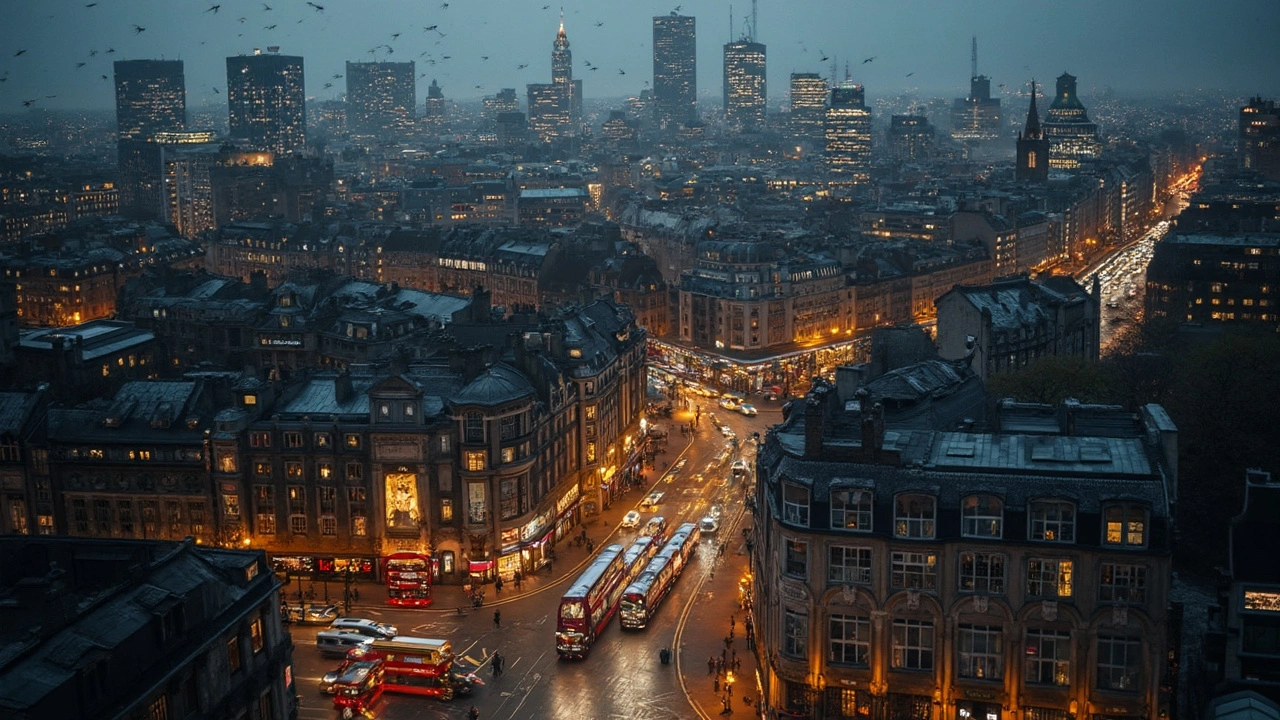Urbanization: How City Growth Impacts Your Health and Daily Life
Cities are swelling faster than ever. More people, taller buildings, tighter streets – it all adds up to a new way of living. When you step outside, the air feels different, the commute longer, and the options for staying healthy shift. Understanding these changes helps you make smarter choices, whether you're looking for ways to beat traffic or wondering how city life affects your wellbeing.
Why Urbanization Matters for Your Health
Living in a bustling city brings both perks and challenges. On the plus side, you have hospitals, gyms, and fresh food markets close by. The downside? Pollution spikes, noise, and limited green space can raise stress levels and hurt respiratory health. Studies show that people in dense areas often experience higher rates of asthma and anxiety. Simple steps like choosing routes with less traffic, using air‑purifying plants at home, and scheduling regular check‑ups can offset these risks.
What Changes Are Shaping Modern Cities
The biggest game‑changer right now is remote work. Our Work‑From‑Home Policies: A Cure for Urban Traffic Congestion? article explains how fewer commuters mean smoother streets and lower emissions. Companies adopting flexible schedules also give workers more time to exercise, cook healthy meals, or simply unwind.
Beyond remote jobs, cities are adding bike lanes, expanding public transit, and planting rooftop gardens. These moves aim to cut down car reliance and improve air quality. If you live in an area with new bike paths, try swapping a short drive for a ride – you’ll save money and boost cardio.
Another trend is smart‑city tech. Sensors monitor traffic flow, adjust signals in real time, and alert residents about pollution spikes. Signing up for local alerts keeps you ahead of rush hour and helps you pick the cleanest routes.
So what can you do today? Start by checking if your employer offers flexible hours or remote days – even one day a week makes a difference. Next, map out nearby parks or green spaces and schedule regular visits; fresh air does wonders for stress. Finally, stay informed about city projects that affect transportation and health services – being in the know lets you adapt quickly.
Urbanization isn’t slowing down, but you can steer how it affects you. By embracing remote work options, choosing healthier travel routes, and taking advantage of new urban amenities, you turn a crowded city into a place that supports your wellbeing.
Malaria and Urbanization: The Growing Threat in Fast-Changing Cities
Cities aren’t just concrete and crowds—now they’re hotspots for malaria too. With rapid urbanization reshaping landscapes, mosquitoes are finding new places to thrive. This article digs into why city life can make malaria worse, how it's spreading differently, and what you can really do to protect your family. You’ll find handy tips, real-life examples, and advice that makes sense whether you’re in a high-rise or a bungalow. Ready to see why urban malaria matters?
© 2026. All rights reserved.

